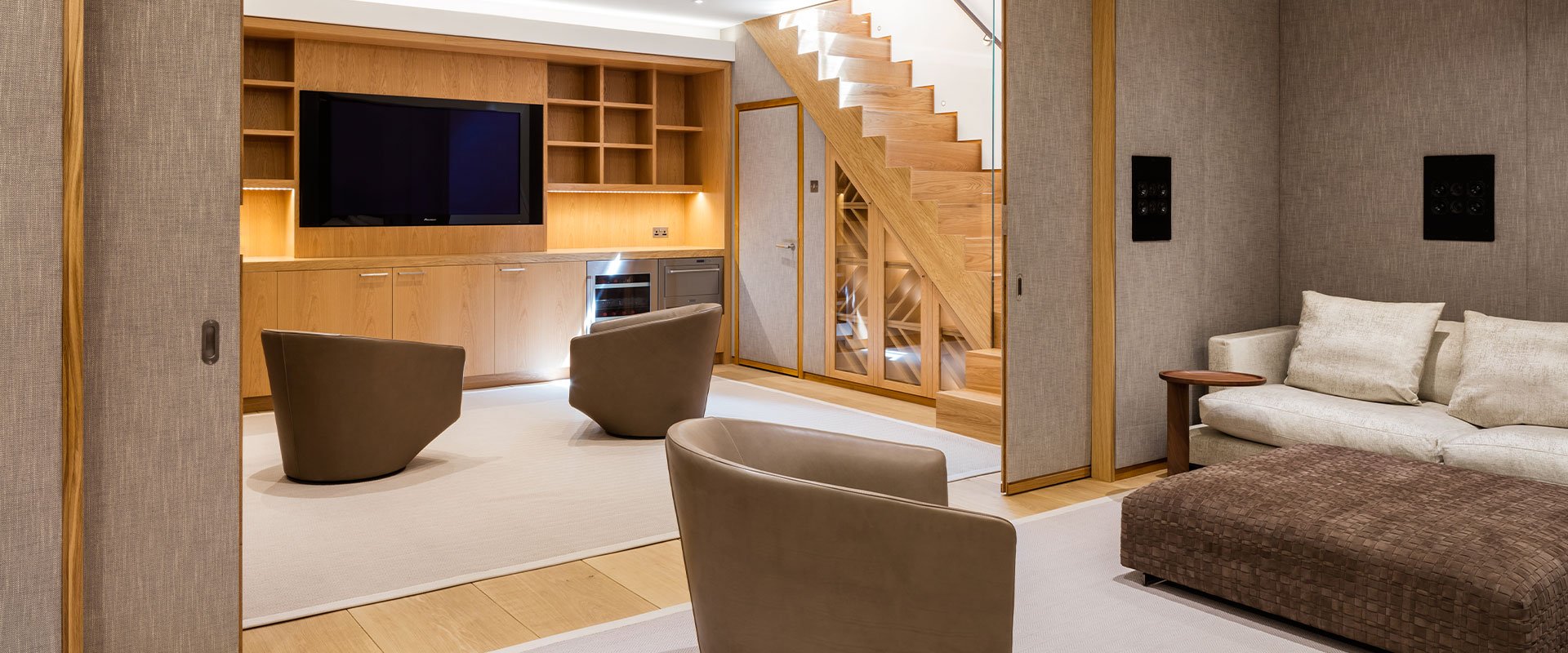
JOinery Styles
Joinery continues to evolve, offering endless possibilities for expression and functionality
JOinery Styles
Joinery is an art form that embraces various styles and traditions, reflecting diverse cultures, periods, and individual tastes. Here's an exploration of some of the prominent styles of joinery that continue to influence modern craftsmanship.
Traditional Joinery
Traditional joinery is often associated with time-honoured techniques that have been passed down through generations. This style typically employs intricate hand-carved details, mouldings, and classic wood finishes. It is often seen in period homes and lends an air of elegance and history.
Shaker Style
Shaker joinery, stemming from the Shaker community, is known for its minimalist design and exceptional functionality. Characterised by clean lines, practical layouts, and lack of unnecessary ornamentation, the Shaker style emphasizes simplicity and utility. Commonly crafted from quality hardwoods, this style remains a popular choice for those seeking understated elegance.
Contemporary Joinery
The contemporary joinery style caters to modern aesthetics, favouring sleek lines, innovative materials, and a minimalist approach. The use of glass, metal, and unconventional wood finishes is common in this style. Contemporary joinery often integrates technology and is tailored to suit the needs of today's fast-paced lifestyles.
Japanese Joinery
Japanese joinery is renowned for its precision and beauty, often without the use of nails or screws. This style often utilises complex joinery techniques, creating connections that are both functional and visually stunning. Traditional Japanese joinery focuses on the natural beauty of the wood, and the joints themselves become a prominent design feature. This style is deeply rooted in Japanese culture and philosophy, reflecting a harmony with nature.
Scandinavian Style
Scandinavian joinery embraces simplicity, functionality, and the use of natural materials. There's often a focus on light, with pale woods and open spaces being a defining characteristic. The designs are typically sleek and modern, yet they still incorporate natural elements that give a warm and welcoming feel.
Industrial Style
The industrial style is all about raw, unfinished looks. It often involves the use of metals combined with wood, resulting in a rugged and robust appearance. This style often appeals to those looking for a more edgy, urban feel in their space.
Custom Joinery
Beyond these well-defined styles, custom joinery offers endless possibilities, allowing individuals to blend elements from various styles or create something entirely unique. Custom joinery is perfect for those who have a specific vision and want to create a space that reflects their personality and needs.
In summary, joinery styles are as varied and rich as human culture itself. Whether preserving ancient traditions or pioneering new design frontiers, joinery continues to evolve, offering endless possibilities for expression and functionality. It's a field that invites creativity and craftsmanship, allowing for the creation of spaces that are both beautiful and purposeful.

